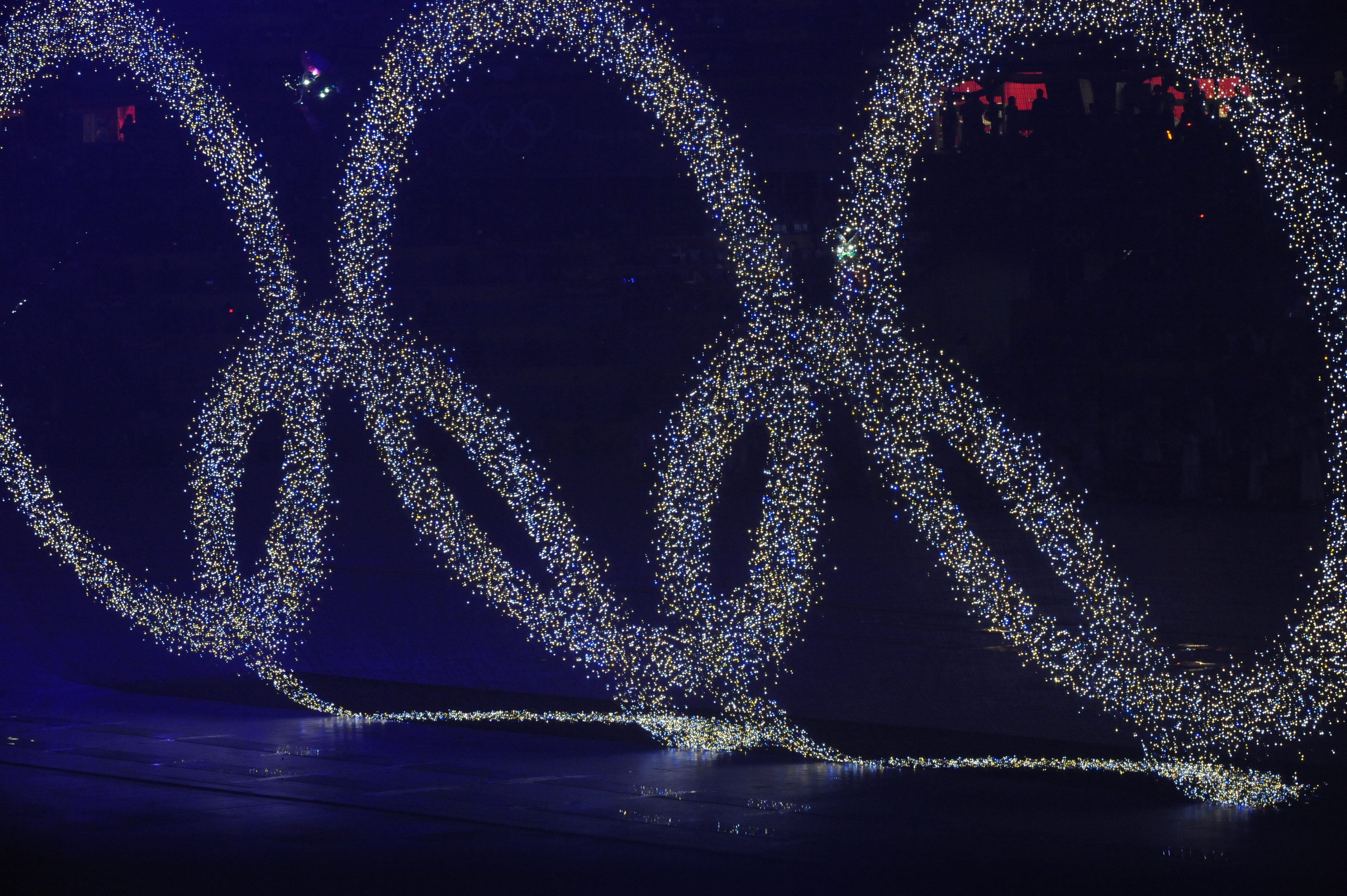Safety Questioned in Winter Olympics
On Friday, Feb. 7, the opening ceremony for the 2014 Winter Olympics took place at the Fisht Olympic Stadium. As the opening ceremony began, there was an explosion of lights and fireworks, with a large projection of a little girl lying in her bed. The girl then fell into a dream. During the dream, she walked through different regions of Russia and spoke of the world of science in the Russian alphabet. Following the Russian alphabet was the Parade of Nations, in which the athletes and every country’s delegation marched to open the ceremony as classical singer Anna Netrebko sang the Olympic anthem.
This year’s Winter Olympics are scheduled to run from Feb. 7 to Feb. 23, including 98 events in seven sports, with 88 nations and about 2,800 athletes participating.
By far, these are the most costly Olympics in history, with cost estimates soaring to about $51 billion for preparation, as well as construction of arenas, roads and a bullet-train line from Tokyo. The series of cold competitions are all in Sochi, Russia, a subtropical resort located on the Black Sea. Sochi is the warmest place in Russia, but in order to accommodate winter competitions, they will be held in the mountains above Sochi.
Russian President Vladmir Putin chose the location because it is where he spends most of his time. He also wanted it to prove his mastery of nature and a symbol of his international legitimacy, according to CNN.
Controversy has surrounded the decision to hold the Olympics in Sochi since the day it was announced. Russia has struggled to prove capable of hosting the Olympics and providing adequate security. According to opinion polls, 38 percent of the Russian population believed that the main reason for choosing Sochi as the host city was because of money from the state.
In addition to security issues and general controversy, the Sochi Olympics have proved to be a figurative battleground for human rights. In June 2013, The Russian Federation passed an anti-gay law that seeks to prohibit homosexual “propaganda”. Immediately, international protests occurred both in Russia and around the globe at Russian embassies. However, President Putin then placed a hold on the law, allowing homosexuals to participate in the Olympics. A month later, there were threats that aimed to prevent the Olympics from occurring.
In addition to criticisms of Russia’s recent human rights debacle, just 40 days before the opening ceremony, there were two suicide bombing attacks, both a day apart, leaving a total of 34 people dead. Political turmoil surrounding Russia and the Caucasus led Russian officials on manhunts for a string of female jihadists, known as “Black Widows.” To promote safety during the competitions, there are 37,000 police and security officers on duty.
Although not as extreme as international threats of terrorism, Sochi has also seen some Olympian injuries. Shaun White, 27, a gold-medal winning snowboarder, decided to withdraw from the slope style event, a sport new to the Olympics that involves quarter pipes, rails, and high jumps, due to a twisted wrist.
According to sources, White twisted his wrist during a practice, causing him to withdraw from one of his events. There have been other injuries reported at this event, and athletes have demanded safer conditions on the last big jump towards the end.
Although there has been a plethora of issues leading up to the 2014 Winter Olympics in Sochi, the opening ceremony shed some positivity and brought the world together in a beloved international event.




